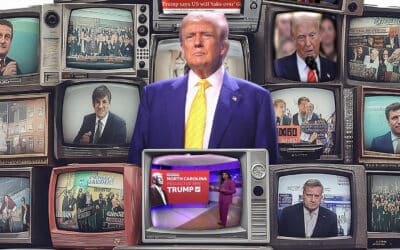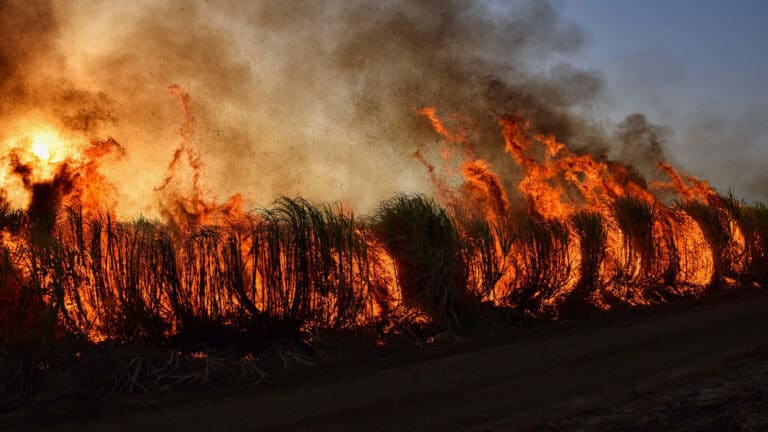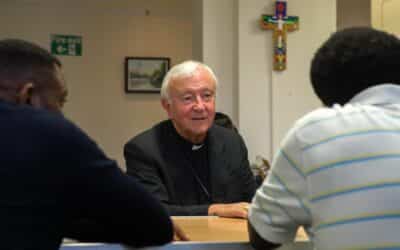The majority of UK broadcast media coverage of climate change features alarmist language like “ticking time bomb” and “disaster waiting to happen,” bit only when we can actually see it, a new report from award-winning broadcast PR consultancy Be Broadcast has revealed.
Be Broadcast Mission Control: The Climate Conversation is a six-month analysis offering an in-depth examination of how UK radio and TV have shaped public discourse on climate change, drawing on detailed analysis from over 45,000 broadcast segments.
The report decodes key narratives, frames, metaphors, sentiment, and calls to action that are central to media discussions, revealing that coverage is predominantly driven by dramatic external events and significant policy or environmental milestones.
Without these moments, the focus on climate change shifts entirely away from the subject.
The study found that climate change was referenced in more than 45,000 segments over the last six months, with peak discussions occurring during early morning news bulletins and prime-time slots.
READ MORE: Becky Sikasa scoops BBC Introducing Scottish Act of the Year 2025 prize
In contrast, during the same period, The Oscars – a one evening award show – secured over half of the mentions that climate change did, with 29,630 references.
Analysis of narrative frames showed that alarmist language – characterised by phrases like “ticking time bomb” and “disaster waiting to happen” – accounted for 55% of the descriptive language, while hopeful, action-oriented metaphors such as “green revolution” and “rising tide of innovation” made up 30%, leaving a balanced, factual approach to comprise the remaining 15%.
Approximately 35% of the segments concluded with direct appeals for immediate action, with an additional 20% featuring subtle prompts for engagement.
These findings highlight the power and influential role of broadcast in mobilising public response, with 60% of the coverage conveying a sense of urgency calling for swift climate action.
In a detailed breakdown of media types and leading outlets, the report highlights that national television channels excel in delivering striking visual storytelling that captivates audiences, while regional radio stations provide localised, community-focused insights on the subject matter which we saw with areas of the UK being impacted by flooding last year.
Outlets leaning into the subject most are BBC World Service Radio and BBC World TV, each registering roughly 2,800 mentions and underscoring their pivotal role in shaping the climate narrative, globally.
“To truly tackle climate change, we must understand how it is being presented to us as a nation,” said Josh Wheeler, Founder of Be Broadcast.
“There are moments when the narrative shifts from skepticism to shock – as seen during events like the Californian wildfires, Spanish floods, and the political wrangling surrounding the US withdrawal from the Paris Agreement.
Ultimately, what is crucial for everyone engaged in this debate is ensuring that climate change remains on the agenda. Mission Control demonstrates all too clearly how quickly this critical conversation fades away…. Unlike other major challenges we are facing.”
Daniella Graham, strategic communications consultant and MSc in Environment, Politics and Society, added: “Climate change is one of the biggest threats to the future of the planet – yet while it keeps plenty of people awake at night, it rarely dominates the news agenda. Climate change stories tend to hit the headlines with event-led coverage, either due to extreme weather events or political decision making, but this is a long-term issue with long-term solutions.
“Rightly or wrongly, audiences are often turned off by framing that seems to fall into extremes of doom-laden or dull. Events such as wildfires and flooding are terrifying to witness, let alone experience, and the prospect these will become ever more frequent is difficult for many to confront. Meanwhile political decision-making at summits can feel far removed from the realities of most people’s everyday lives, even though those decisions have far-reaching consequences for all of us.”













